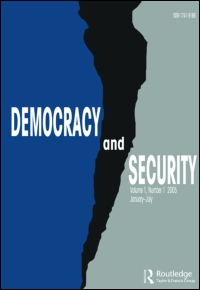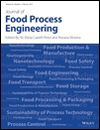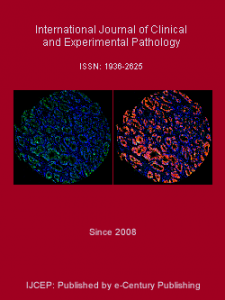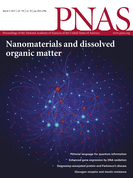
Philosopher Michael Dougherty doesn’t take plagiarism sitting down. Over the years, the researcher at Ohio Dominican University has tipped us off to numerous instances of plagiarism he’s spotted. And it turns out, he’s done the same thing for publishers, as well. In a new paper in Metaphilosophy, Dougherty describes his experience contacting publishers over an instance of what he terms “serial plagiarism,” and how they responded – or didn’t respond – to his allegations.
Retraction Watch: Your paper focuses on the publications of one author – Martin W. F. Stone – who you claim has plagiarized numerous times. (We’ve reported on 14 retractions for Stone.) What made you decide to undertake this work?
Continue reading Does the philosophy literature have a plagiarism problem?





 A food science journal has retracted a paper over “a breach of reviewer confidentiality,” after editors learned it contained text from an unpublished manuscript — which one of the authors appears to have reviewed for another journal.
A food science journal has retracted a paper over “a breach of reviewer confidentiality,” after editors learned it contained text from an unpublished manuscript — which one of the authors appears to have reviewed for another journal.

